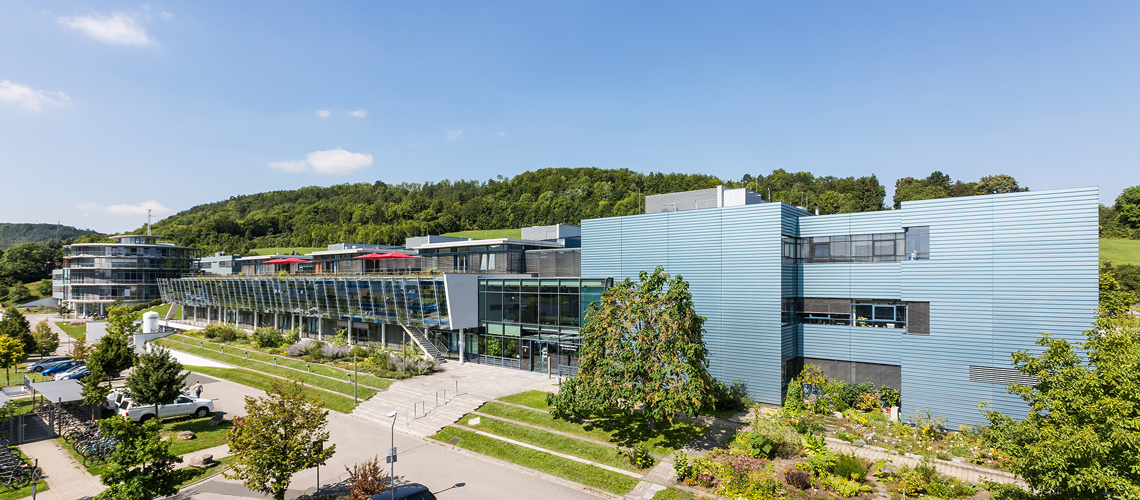
Job Offer from July 19, 2023
The Department of Interface Science headed by Prof. Beatriz Roldán Cuenya at the Fritz Haber Institute carries out cutting-edge research on advanced functional materials with applications in heterogeneous catalysis, energy conversion and electrochemistry. By combining unique synthesis methods, state-of-the art tools for operando experimental characterization and advanced approaches to data analysis, atomistic details of thermal catalysis and electrocatalytic reactions at gas/solid and liquid/solid interfaces are revealed. In particular, structure-reactivity correlations on nanostructured materials can be established, paving the way for the rational design of novel catalytic materials.
We are looking for a PhD student for the Metal-Organic Interfaces (MOIN) Group at the Department of Interface Science.
Project: Organic Functionalization of Catalytic Surfaces for the Electrochemical Reduction of CO2
The electrochemical reduction of CO2 is a promising way to help close the anthropogenic carbon cycle. However, this reaction confronts important challenges, such as high overpotentials or low selectivity. An emerging strategy to improve these issues is the modification of the catalytic surface using tailor-made organic molecules. Organic molecules are very versatile and can be employed directly as ligands, adding specific functionalities, or as precursors of more complex organic structures. In the Metal-Organic Interfaces (MOIN) group, we can grow organic films on catalytic surfaces with control at the single-molecule level.
The selected candidate will join the MOIN group to work in a highly interdisciplinary field combining electrochemistry, surface science and organometallic chemistry. Electrochemical experimentation, such as cyclic voltammetry or chromatography, will be combined with techniques operating under ultra-high vacuum conditions to study the surface properties (scanning tunneling microscopy (STM), x-ray photoelectron spectroscopy (XPS), low energy electron diffraction (LEED) or high-resolution electron energy loss spectroscopy (HREELS)).
The PhD candidate is expected to graduate after three years. If necessary, the funding period can be extended up to four years.
Requirements
We expect candidates to have:
- A strong MSc degree in chemistry, physics, physical chemistry or chemical engineering, preferably with a specialization in surface science or electrochemistry.
- Experience working on UHV systems or performing electrochemical experiments with a high drive to solve scientific and practical/instrumental challenges independently
- Excellent English skills
Application
Please submit your application via our online application portal as soon as possible including the following documents:
- Curriculum vitae
- List of publications
- List of courses + GPA
- Names and email addresses of three references
Applications will be accepted from immediately until the position is filled. We thank all applicants for their interest; however, only those individuals selected for an interview will be contacted.
For more information, please contact:
Dr. Juan J. Navarro (jjnavarro@fhi.mpg.de)
Fritz-Haber-Institut der Max-Planck-Gesellschaft
Faradayweg 4-6
14195 Berlin
Germany
Max Planck Society
The Max-Planck-Gesellschaft endeavours to achieve gender equality and diversity. Furthermore the Max Planck Society aims to increase the participation of women in research. Therefore, applications by women are particularly welcome. The Max Planck Society is also committed to increasing the number of individuals with disabilities in its workforce and therefore encourages applications from such qualified individuals.
Berlin
The Fritz Haber Institute (FHI) is located in the quiet south-west of Gemany’s capital Berlin, which is a large, tolerant and cosmopolitan city. Berlin offers a wide variety of culture, art, music, and outdoor opportunities.




